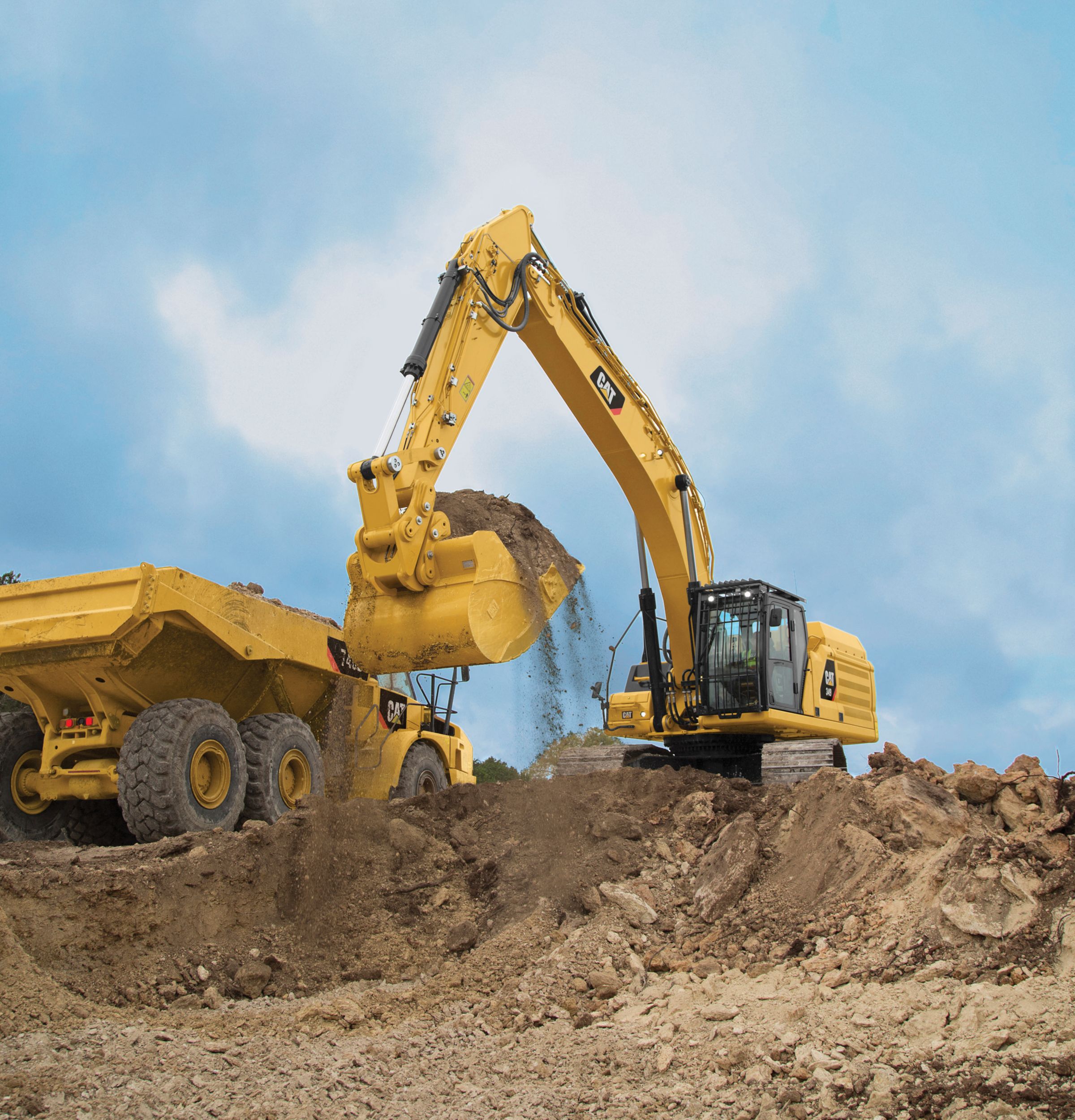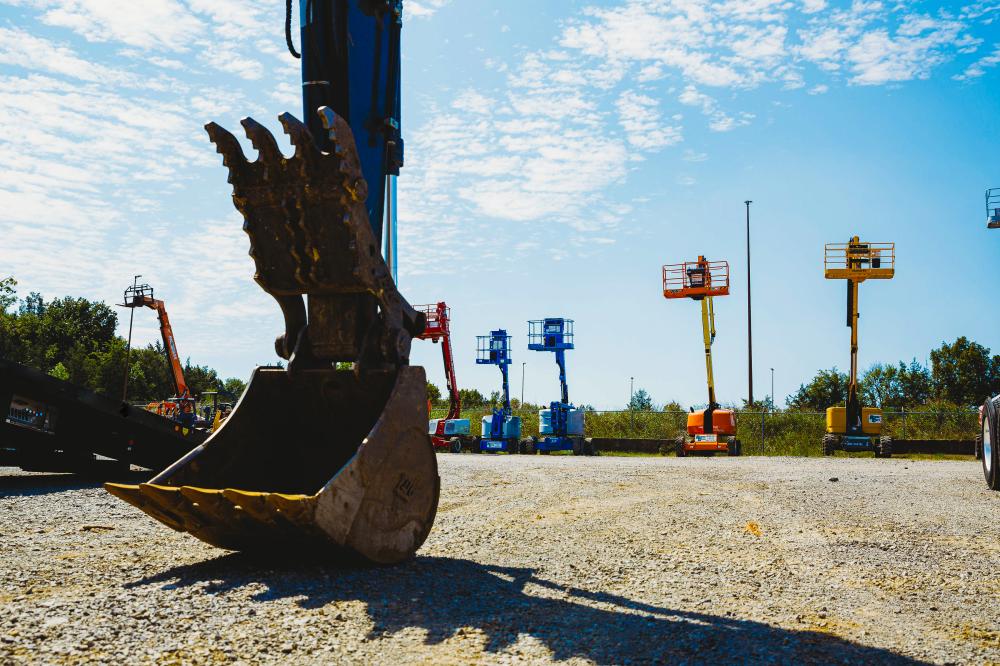Necessary Tips for Handling Heavy Tools Rental Agreements and Logistics Properly
Efficiently handling heavy tools rental agreements and logistics is important for the success of any job that depends on these sources. A comprehensive understanding of rental terms, coupled with precise analysis of equipment requirements, lays the structure for positive arrangements. Working with transport logistics and planning for continuous maintenance can substantially minimize unanticipated expenses and delays. However, the intricacies of these elements frequently present difficulties that need tactical foresight. What are the key considerations that can transform these prospective mistakes into possibilities for performance and cost-saving?
Understand Rental Terms
Comprehending rental terms is essential for effective hefty tools monitoring. The rental period specifies the timeframe for which the tools is rented, influencing budgeting and project timelines.
Additionally, it is important to comprehend the upkeep obligations detailed in the agreement. Generally, rental business maintain the devices, however understanding that is in charge of regular checks and fixings is vital to avoid operational disruptions. Furthermore, terms may consist of provisions concerning obligation for damages or burglary, which can have significant financial implications if not effectively understood.

Assess Equipment Requirements
Assessing devices needs is an important step for any kind of job supervisor intending to optimize resource allowance and boost functional effectiveness. This procedure involves a detailed assessment of the project requirements, including certain tasks, timelines, and the kind of tools needed to accomplish preferred outcomes.
Begin by determining the extent of the project and the jobs that will certainly be executed. Consider elements such as the terrain, the range of operations, and any potential difficulties that might affect tools choice. Involving with staff member who will certainly operate the equipment can supply useful insights into useful demands and choices.

Following, evaluate the capability and capabilities of offered equipment choices. It is necessary to match the ideal equipment to the jobs handy, ensuring that it can deal with the anticipated work without compromising security or efficiency.
Additionally, consider the rental duration and frequency of usage. Comprehending these elements can assist establish whether renting or buying is the most cost-efficient solution. By performing a comprehensive analysis of tools requirements, job supervisors can make educated choices that bring about enhanced efficiency and minimized functional expenses.
Negotiate Successfully
Once the tools requirements are clearly identified, the next step entails efficient negotiation with rental business to secure beneficial terms. Begin by researching different rental companies to understand their rates structures, stock availability, and track record.
When approaching the arrangement table, be clear concerning your needs, consisting of the kind of devices, rental duration, and any type of extra solutions you might require. This openness enables rental business to give tailored services that can meet your specific needs (forklift rental). Do not wait to ask for price cuts, particularly for long-term rentals or bulk orders, as numerous companies are eager to supply concessions to protect larger agreements
These aspects can considerably impact the total price and ought to be clearly described in the rental arrangement. Make certain that all agreed-upon terms are recorded in composing to avoid misunderstandings and safeguard your rate of top article interests throughout the rental period.
Coordinate Transportation Logistics
Working with transportation logistics is a crucial facet of handling hefty tools rental arrangements. Efficient transportation ensures that tools is delivered in a timely manner and in optimum condition, thus minimizing downtime and improving task efficiency. To attain this, it is necessary to create a detailed logistics plan that lays out the whole transportation procedure from pickup to delivery.
Begin by evaluating the specific transport needs based on the kind and size of the tools entailed - dozer rental. Involve with reputable transportation service providers that specialize in heavy tools to guarantee they possess the necessary experience and devices, such as flatbed trucks or specialized trailers. Discuss factors such as weight restrictions, route restrictions, and called for licenses to prevent unexpected hold-ups
In addition, preserve open interaction with both the rental business and the transport copyright to work with timetables properly. By diligently working with transportation logistics, you can maintain the integrity of your rental arrangement and facilitate smooth task execution.
Strategy for Upkeep and Support

In addition, it is critical to communicate straight with the rental copyright regarding upkeep duties. Some arrangements might consist of maintenance as component of the rental solution, while in other situations, the onus may fall on the renter. Recognizing these terms will certainly help avoid unexpected prices and responsibilities.
Additionally, having accessibility to technological support can be important. Guarantee that the rental company offers 24/7 assistance or an emergency situation get in touch with, permitting swift resolution of any tools problems. Training your group on appropriate devices use and regular checks can likewise considerably improve operational performance.
Final Thought
In final thought, reliable management of heavy equipment rental contracts and logistics hinges click here now on a thorough understanding of rental terms, accurate analysis of devices needs, and skilled settlement skills. Highlighting clear communication with all stakeholders stays critical in navigating the complexities of tools rental and logistics administration.
Successfully taking care of heavy devices rental arrangements and logistics is essential for the success of any type of task that counts on these resources. By completely assessing and understanding these rental terms, businesses can make informed choices, minimize threats, and make certain that their hefty tools management lines up with job goals and monetary restrictions.Working with transport logistics is a critical facet of taking care of hefty equipment rental agreements.In conclusion, effective management of heavy equipment rental agreements her comment is here and logistics hinges on an extensive understanding of rental terms, exact evaluation of devices requirements, and proficient negotiation skills. Highlighting clear communication with all stakeholders remains essential in navigating the complexities of equipment service and logistics monitoring.